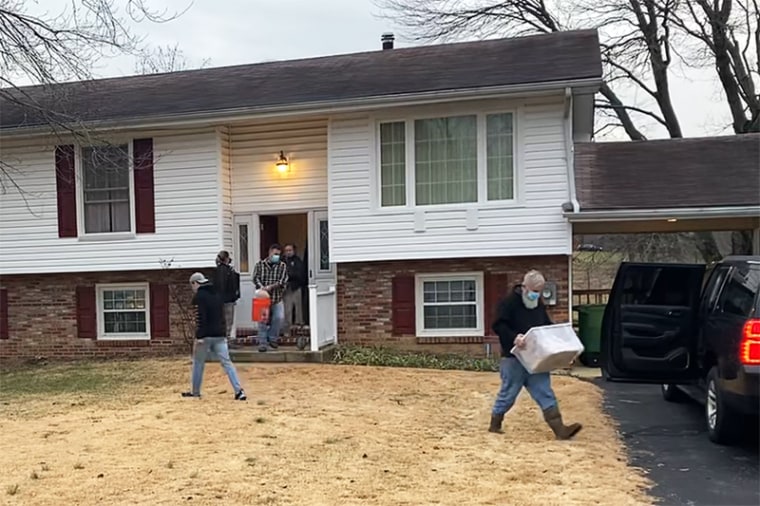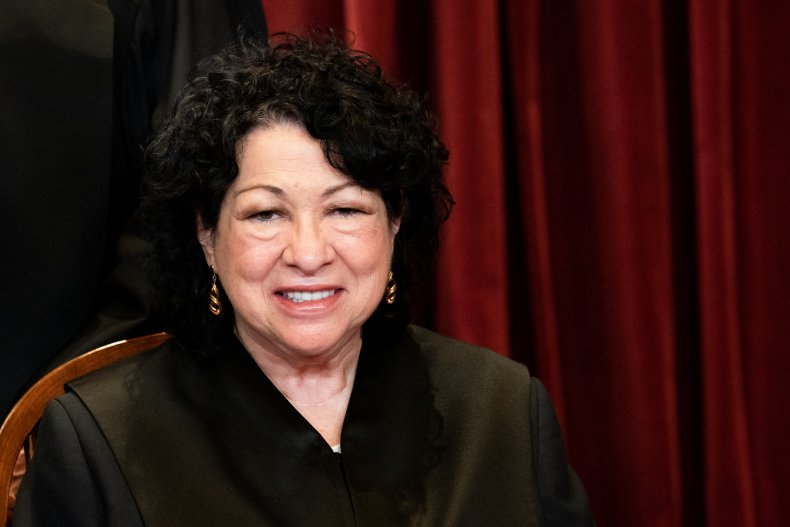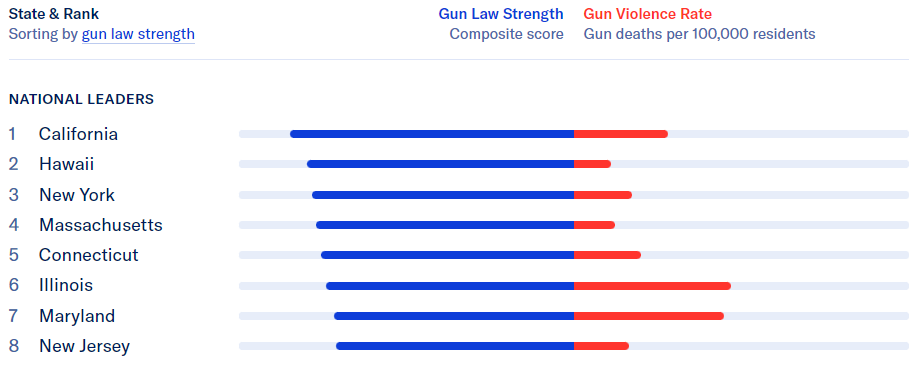INTERNATIONALIST HUMANIST Celebrate Thomas Paine’s Birthday on January 29th
13 JANUARY 2022
On Saturday, January 29th the newly-formed Thomas Paine Memorial Association will hold a virtual celebration of Thomas Paine, founding father and humanist.
Congressman Jamie Raskin (MD-8) opened last year’s Thomas Paine Day celebration by saying, in part, “There’s so much to celebrate with regard to Thomas Paine, whose memory and message have only become more urgently relevant as every day goes by. Thomas Paine put democracy itself in government by the people and the sovereignty of the people at the very center of our political philosophy. Paine has a lot to teach us about civil rights and about social justice and reconciliation of the country. His legacy is endlessly rich and fertile for us who continue to fight for strong democracy against all of the fascist undertones of our day.”
On January 29, 2022, at 1:00 PM (PST)/4:00 PM (EST), hundreds of people will gather on Zoom to celebrate the birthdate of an often-forgotten Founding Father, Thomas Paine. Paine is hailed as a “Freethought Hero,” and great patriot and the event will be, as far as we know, the very first Zoom celebration of his birth, creating connections from all over the world. All are invited to share a toast in celebration of the life and work of this champion of reason, independent thought, and revolutionary ideas.
The Thomas Paine Memorial Association (TPMA), is a new non-profit organization, with the mission of educating the public and installing statues of Thomas Paine in Washington, DC and other places of significance to his life.
Event cosponsors include American Humanist Association, Center for Inquiry, Freedom From Religion Foundation, Freethought Society, the Stiefel Freethought Foundation, and the Thomas Paine National Historical Association.
During the Thomas Paine Birthdate Celebration, the Stiefel Freethought Foundation (SFF) is pleased to offer an opportunity to TRIPLE any donation to TPMA that is received. A $17.76 donation will be matched to become $53.28 and a $1,776 donation becomes $5,328. Don’t miss this opportunity to support an important endeavor. Todd Stiefel, founder and president of SFF stated, “Thomas Paine was a patriot, revolutionary, Founding Father, and a victim of colonial America cancel culture. His advocacy for freedom from authoritarian organizations made him both lionized and ostracized. It is past time for his legacy to be restored and for him to be honored for his critical role in driving and sustaining the American Revolution. Without Paine, there likely would not be an America.”
Closing remarks at the event will be delivered by Congressman Jamie Raskin.
Educator, songwriter and recording artist James Klueh will perform two Thomas Paine-themed songs prior to the interactive social hour. He said, “My primary experience of all things Thomas Paine has been through the endeavor of setting his verse and poems to music. This minor contribution constitutes my addition to the continuing celebration of one of history’s most important actors.”
Please register here for this international event: https://bit.ly/ThomasPaineBirthdayCelebration
The following statements are from some of the TPMA board members who will be speaking at the event.
Gary Berton, Thomas Paine researcher and expert:
The age of democratic revolutions was sparked by Paine—the modern concept of democracy was placed before humanity by him – with the possibility of liberty from tyranny, from poverty, from the chains of superstition, and from helplessness. That is his legacy. 1776 began with Common Sense and closed with the first Crisis. If this country should honor him, a statue in its capital is necessary.
Robyn Blumner, CEO, Center For Inquiry:
Thomas Paine said, ‘To argue with a person who has renounced the use of reason is like administering medicine to the dead.’ How relevant for today’s epidemic of COVID misinformation and anti-vax hysteria. If only more people read and understood the writings of Thomas Paine, perhaps rabbit holes would just be where rabbits lived.
Christopher Cameron, history professor:
In addition to inspiring the Declaration of Independence with his pamphlet Common Sense and stirring the hearts of weary troops with his Crisis essays, Thomas Paine was a pioneering abolitionist who published anti-slavery essays as early as 1776 and helped make Pennsylvania the first state to adopt a gradual emancipation law. Throughout his life, Paine was a stalwart champion of the downtrodden and the oppressed and should be remembered as one of the leading humanitarian thinkers of his age. This statue will go a long way toward preserving that memory.
John de Lancie, actor, director, producer, writer, and educator:
The more I read Thomas Paine, the more I feel we’ve let him down. We have a lot of work to do.
Marnie Mosiman de Lancie, actor and singer:
In these perilous times for democracy, no doubt Thomas Paine would once again say, ‘These are the times that try men’s souls.’ I think he would be astonished that, so long after he fought against the notion that voting rights extended only to those of wealth and property, we would once again be fighting for all citizens to have the simple right to vote.
Ann Druyan, author, producer, and director:
Thomas Paine is that rarity, a Founding Father, for whom we need not make any excuses. More than two hundred years after his death, the writings of this least celebrated, yet possibly most influential architect of the dream of America, requires no special pleading. They are the blueprint for equality, diversity, and freedom. For too many of his contemporaries it is time to come to grips with their crimes and tear down their statues. For Thomas Paine it is long overdue to raise one up.
Annie Laurie Gaylor, Co-President, Freedom From Religion Foundation:
My favorite Thomas Paine quotation is, ‘The mind once enlightened cannot again become dark.’ The Freedom From Religion Foundation invites everyone to celebrate Thomas Paine’s enlightening wisdom on the date of his birth, January 29, 2022.
Julia Sweeney, actor, comedian, and writer:
Thomas Paine said, ‘He who dares not offend, cannot be honest.’ I think of this all the time. Paine’s words challenge me to be more honest. He didn’t retreat. He explained and encouraged this country to strive to be more honest, more equitable, more reasonable, and more democratic. I want to help promote his ideas, so that they become a part of our common understanding of what it means to be a citizen.
Actor Ian Ruskin will speak about his experiences portraying Thomas Paine. He will share photos of appearances and will include an overview of his “Walk in the Footsteps of Thomas Paine” tour that took place in England. Ruskin said, “A statue helps us to remember someone’s life and work, and who could be more deserving than Thomas Paine, who had such an impact on the birth and soul of America? Yet I know of only three in all of the world. Performing my play To Begin the World Over Again: The Life of Thomas Paine in England, I found them in country towns large and small, in Thetford, Lewes, and London. There are great monuments to a number of men in Washington, DC, and it’s time to add a statue of Thomas Paine. It’s time to remember, thank, and celebrate this truly visionary man.”
Freethought Society president Margaret Downey will be talking about the many Thomas Paine-themed activities she has sponsored, including her “Walk in the Footsteps of Thomas Paine” that took place in Paris, France. In regard to the January 29th celebration, Downey said, “The first formal gathering to celebrate the birth of Thomas Paine took place on January 29, 1825. One hundred and ninety-seven years later, I’m looking forward to conveying how Thomas Paine became my freethought hero and what I’ve done for 30 years to honor his life and work.”
Sculptor Zenos Frudakis will join the festivities from his studio in Glenside, Pennsylvania. He recently stated, “To me, Thomas Paine represents common sense and reason in politics. As such, a statue of Paine would embody those ideals and inspire others by his words and example. Paine was a critical voice in the Enlightenment of the last quarter of the 18th century. His continued relevance in presence of form and substance of thought is dearly needed now. I’m pleased to be the sculptor selected for this important project.”
Margaret Downey is the founder and president of the Freethought Society in Philadelphia, Pennsylvania.
THE WRITINGS OF THOMAS PAINE
EDITED BY DR. PHIL S. FONER
TWO VOLUMES
Publication date 1945
The writings of Thomas Paine helped shape the American nation and left their imprint on democratic thought all over the world. This two-volume set represents an attempt to make these writings available to both the general reader and the student. Every effort has been made to include all of Paine's writings available at present, and to present them in a manner that would make clear their historical background. Emphasis has been placed throughout on presenting Paine's writings in their essential clarity, and for this purpose efforts have been made, without in any sense distorting Paine's meaning, to modernize the spelling, capitalization and punctuation wherever it was necessary to make the meaning clear to a present day reader.
Volume One contains Paine's major works: Common Sense, The American Crisis, Rights of Man, The Age of Reason, and Agrarian Justice.
Volume Two contains Paine's political and economic essays, theological dissertations, scientific papers and political and personal correspondence. Much of the material found in the second volume has never been included in any previous collection of Paine's writings.















